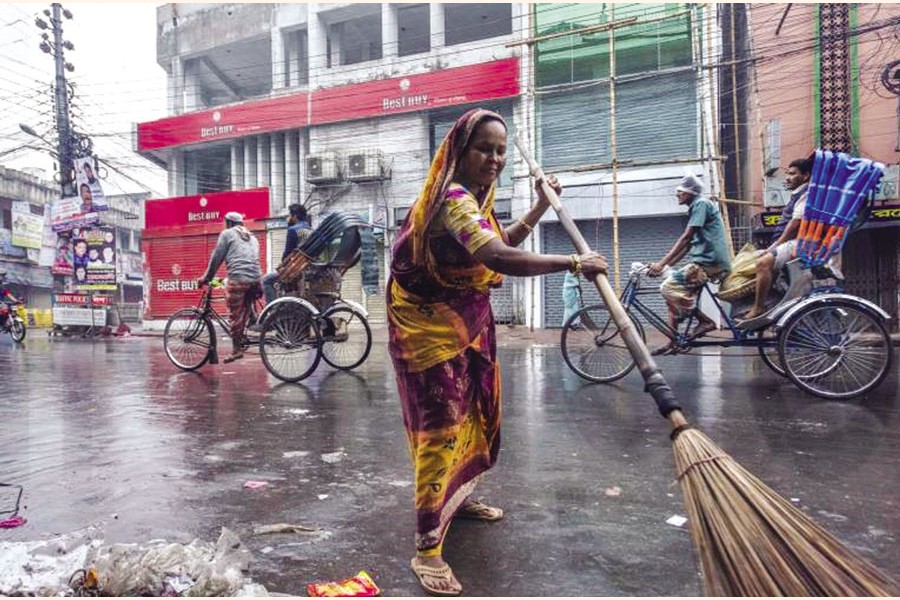Thanksgiving is an occasion worth celebrating among the youths especially for the appealing connotations it brings forth. Being an integral part of the western culture, thanksgiving gives people the opportunity to take a step back and be grateful. It presents us with the opportunity to spend quality time with the people that matter. It is the time of the year that makes us contemplate what we should be thankful for, for the feeling of gratitude is a divine one. In addition to the family members that we are all very much thankful for, we cannot forget about the heroes we see every day. Heroes make our lives convenient and efficient, and it is unimaginable to imagine a life without them. However, they always work from the blurred background making our lives a perfectly focused picturesque one.
The pandemic reminded us why we should be more grateful to doctors who worked like wartime warriors during the pandemic, to the police personnel that showed up when everyone confined themselves to their homes. Sometimes, the teachers who keep inspiring us with wisdom and words, the strangers who guide us towards our destination, and most importantly the people who work behind the scenes to smoothen our life. However, they were not the only ones working day and night. The writer talked to two of such unsung heroes who are hygiene workers in plain terms but heroes in our book.
The life of a cleaner is a tough one. Anjana Rani who works as a cleaner at Dhaka University's Samsun Nahar Hall has to wake up very early in the morning and start cleaning whatever waste the students leave. After returning home, she finds no time to relax and needs to get busy with the household chores.
She often feels their hard work is hardly recognised. "Sometimes we feel the mental pressure and feel like quitting. But the job is all the means of survival I have," said Ms Rani.
When asked whether she feels the need for any recognition, she replied with a hint of a smile, "I haven't seen anything like that during my 14 years of service here, but who doesn't wish for the recognition anyway?" "But my job doesn't always seem that bad after seeing students flourishing and contributing to the welfare of the state," she added.
Reshma Rani, Anjana's colleague, who hails from Sylhet, has endured personal losses of her own. She lost her husband, who worked at Kabi Jashim Uddin Hall, to a tragic brain stroke. She also starts her day cleaning the balconies, washrooms, and offices at Samsun Nahar Hall. Reshma is rightfully upset about the lack of recognition and remarks.
"Sometimes it becomes difficult for me as I have comorbidities. But I have to continue for the sake of my children," said a brave Reshma.
Reshma and Anjana have little scope to meet students and interact with them. However, they are extremely grateful to be able to serve talented minds. Reshma gleefully told us, "I absolutely love the job. I can't wait to meet my colleagues, students every day." However, she also wishes for more recognition and dreams that one day her son will get admitted into Dhaka University.
People like Reshma and Anjana are rarely celebrated indeed. Moreover, their professions are always looked down upon. However, it is not possible to imagine a day with their absence. Imagine a Dhaka University but without people like Reshma and Anjana to keep it pretty and clean.
While it's important to celebrate thanksgiving with people close to us, time demands an extension of the thanksgiving practice. The likes of Reshma and Anjana deserve some gratitude as well and the youth should shoulder the onus in this respect. It's time the youth play their part in being thankful for their service and the diligent hours they put for their sake. That is the very least that we can do.
The writer studies Economics at Dhaka University.
[email protected]


